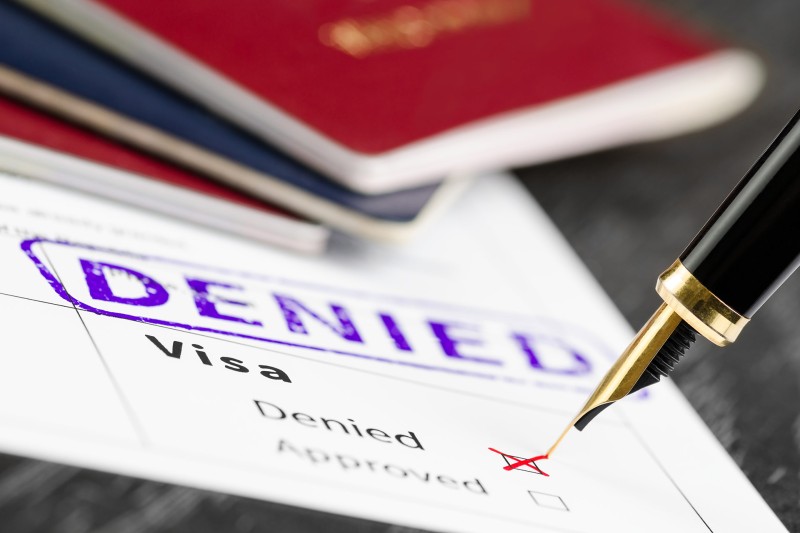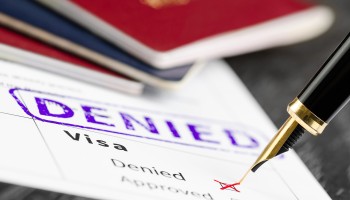An honorary consul, according to the Vienna Convention on Consular Relations (1963), has a right to affix the flag of the country he or she represents on his vehicle, as well as the right to the support of the state of residence. If the honorary consul is arrested, the state represented as honorary consul must be immediately informed and such a person, while performing functions of honorary consul, is not under the jurisdiction of legal bodies or administrative authorities of the country of residence, but can be sued in civil court.
An honorary consul, according to the convention, has no obligations to give testimony about the duties, and the state must take all measures to protect both the consulate and the honorary consul.
The consular archive and consular documents are outside the jurisdiction of the state, if kept separately from other papers.
If a criminal case is instituted against an honorary consul, then that person must appear before a competent authority, but must be treated with respect. If there is a necessity to detain any honorary consul, court procedures must be started as soon as possible.
Each country is free to dedide whether to appoint and approve any honorary consul.
The honorary consul does not have diplomatic immunity by statute, because that is not covered by the convention.
Members of the family and the employees of an honorary consul are not covered by immunity provisions or protected as the honorary consul is.


